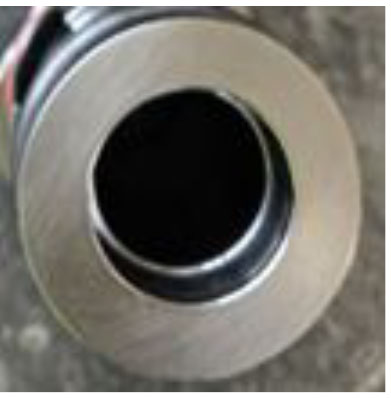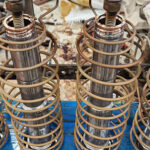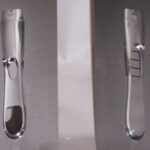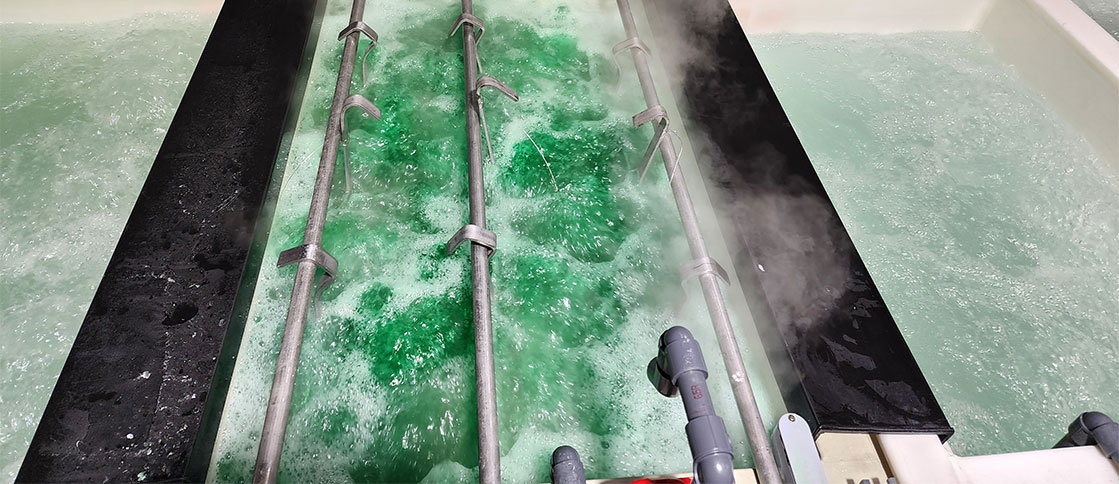THE CHALLENGE
A prominent medical injection molder was facing issues with parts sticking in the cores, resulting in defective products that were unacceptable in their field. The parts, made from medical-grade clear polypropylene with added colorant, could not use mold spray, prompting the need for a research effort to find a greaseless, biocompatible solution to improve release in their process. Ideally, they sought a permanent solution that required minimal maintenance.
THE SOLUTION
Applying a plating solution is ideal for greaseless applications. Plating also meets the criteria of being a long-term solution with little maintenance required. Unlike sprays or other lubrication alternatives, there is no need for additional applications after the plating is applied. The coating remains effective until it begins to show signs of wear, at which point it can be stripped and reapplied. The dedicated account manager at Bales recommended Nibore for its low coefficient of friction, biocompatibility, and low maintenance needs.
THE RESULT
The injection molder uses machine data to track the cycle time and longevity of the Nibore coating. They aimed to achieve 1 million cycles before needing to reapply the coating. Over a one-year period using Nibore, they successfully achieved 6 million cycles without any mold spray, further lubricants, or maintenance beyond regular cleaning. The cores are now beginning to show signs of wear and are due for a reapplication of the coating.
CONCLUSION

Bales' Nibore coating and precision polishing enabled this medical molder to improve mold performance and surpass their goals. This case illustrates the value of advanced plating solutions, showcasing how the right surface treatment can promote long-term efficiency and reliability.
Investment: $600 per core for Nibore plating, including masking and polishing
Return: 6 million cycles in one year—500% greater than initially expected





